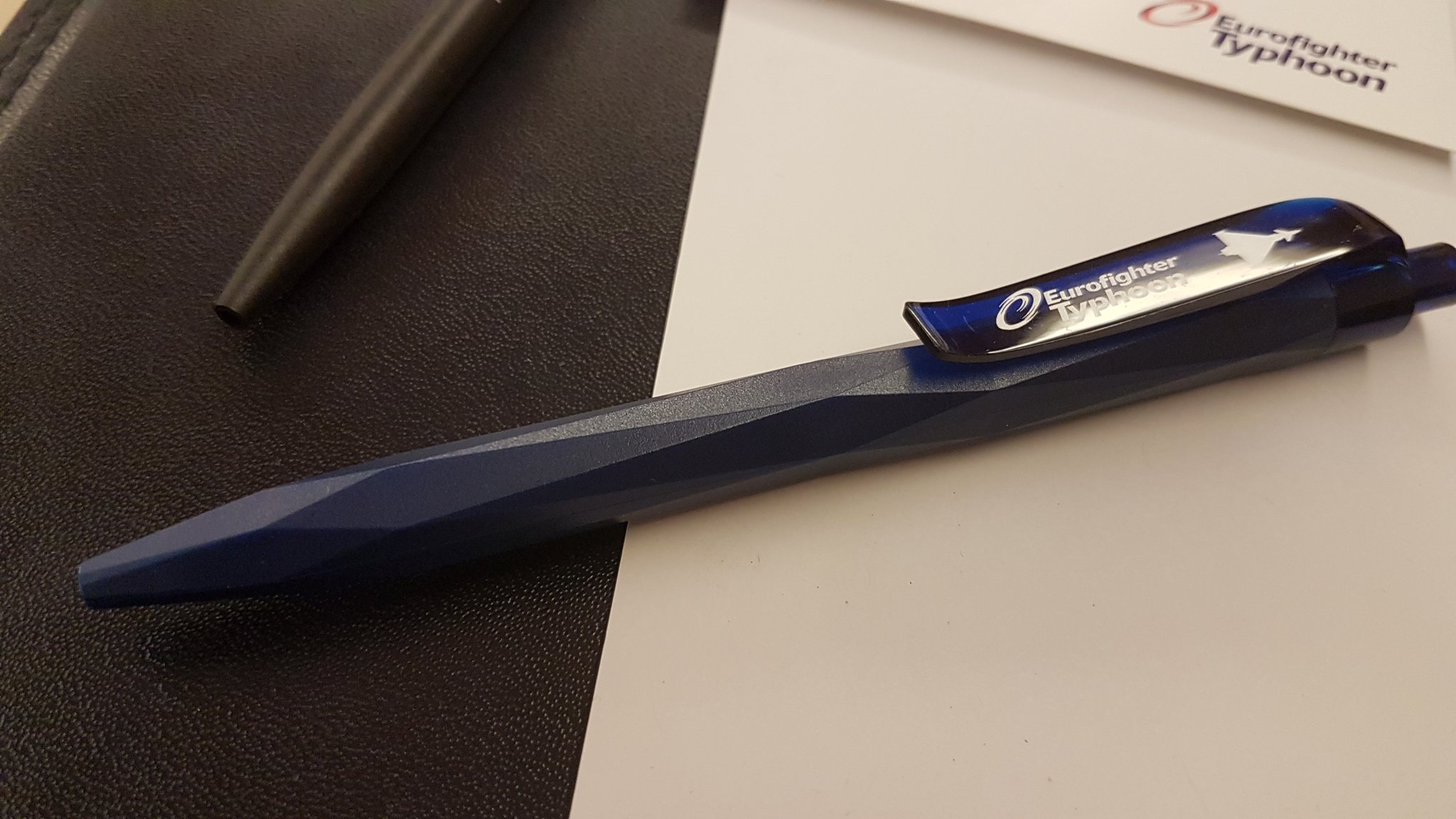
“I poured my heart out,” she said, and I knew exactly what she meant even though the words held no literal meaning. She trusted us with words she had written about her life and flight test career, her daughter, and her hope for the future. It almost left me speechless.
Words are both powerful and paradoxical. Words can make us feel or cut to our hearts. An ancient proverb says it well: “There is that speaketh like the piercings of a sword: but the tongue of the wise is health.” Words should be scalpels not swords.
As an editor, I want to emphasize our commitment to the ethical use of words and these media. I also want to encourage you to provide feedback whenever you feel it is necessary. I’ve been confronted before by readers and by fellow editors. Sometimes I needed the rebuke, and many times the feedback has made the writing better.
That kind of feedback is critical to the health of our profession, our organizations, and our society at large.
Additionally, I want to point out, some of the things we have done to promote accountability and encourage ethical and professional behavior. For this medium, I always solicit input for articles I have written. For analysis or editorials provided by others, I always give the original authors opportunity to review the final draft before publication. This includes his or her content as well as the rest of the complete draft before publication. Each of these steps promotes accountability and contributes to the quality of the work. Striving for excellence in publication and meaning is purpose—both of which are a journey and not a destination—is another editorial commitment I make to you.
I ask you all to hold up that goal as our standard and encourage you to provide feedback that will help us reach that goal.
Featured photo credit: Gareth Jennings.
Not only mightier than the sword, but also less observable to radar. https://t.co/ZY2IvttT6P
— Steve Trimble (@TheDEWLine) November 14, 2018